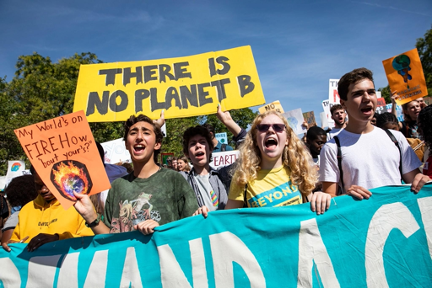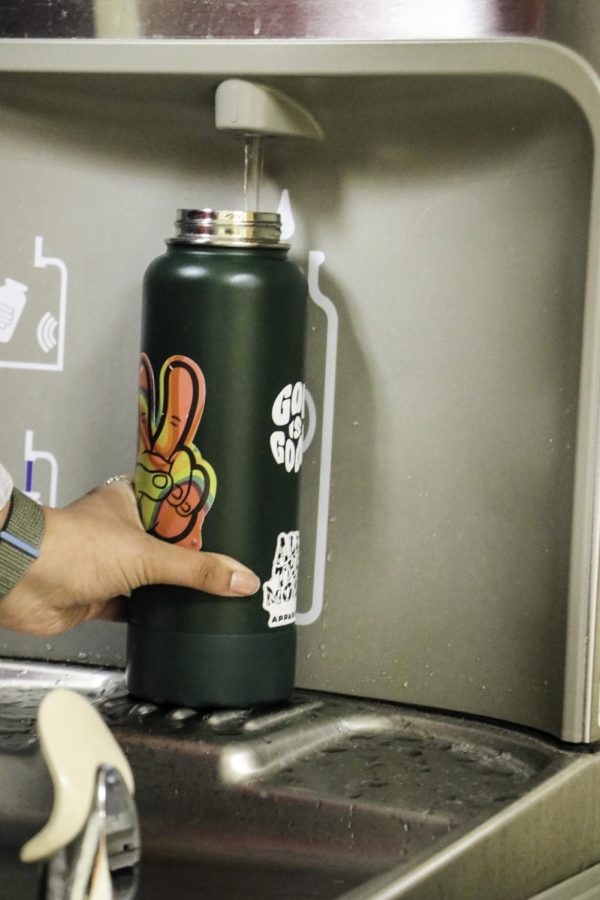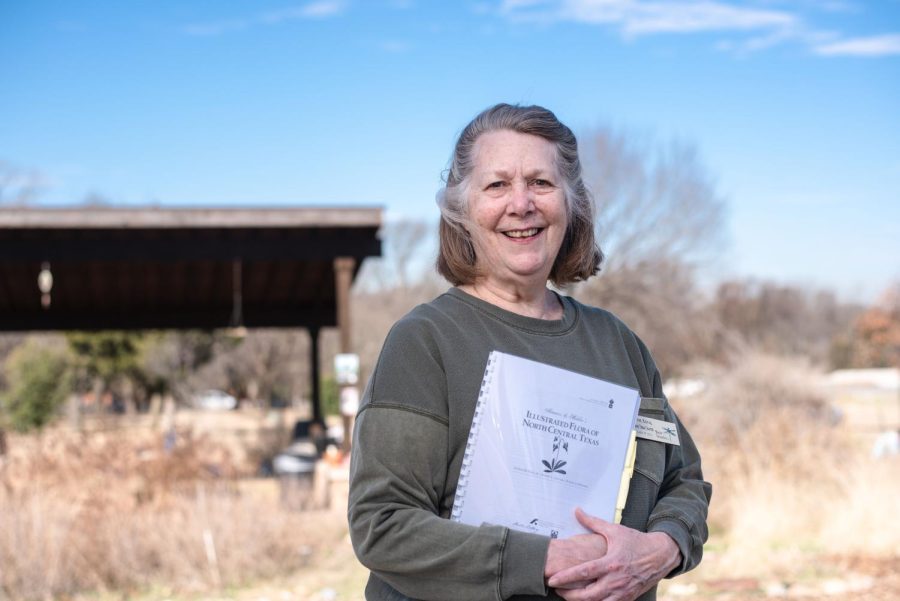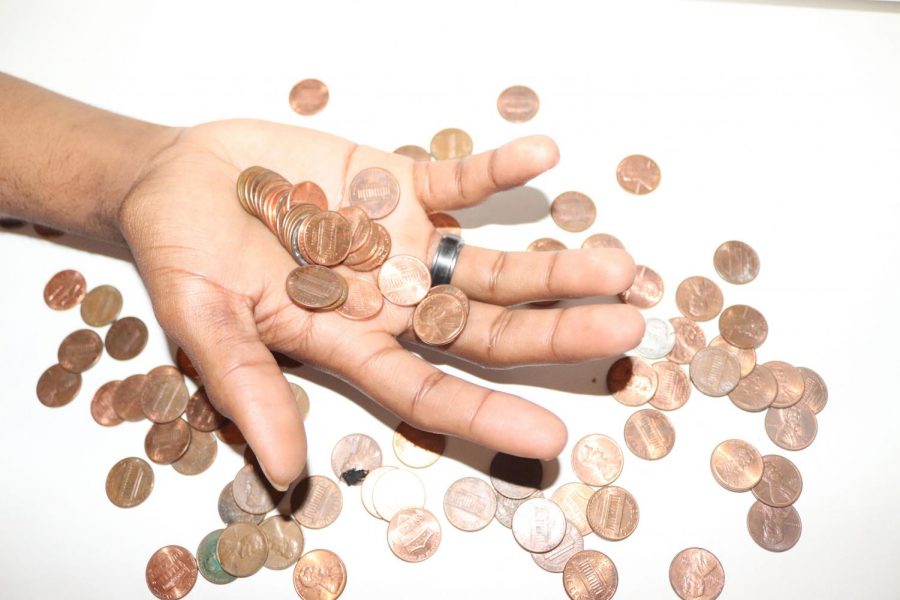By Thao Nguyen and
Matthew Brown
Web Editor and Opinions Editor
Solid waste pollution has been a global issue for decades, and research shows that it is only getting worse as the years go by. In many parts of the U.S. and elsewhere in the world, recycling is helping to fix the problem, but most of Texas still treats this necessity like a luxury. Recycling should be not only free and accessible to everyone, but also actively incentivized.
MISSED MILESTONES
In 2013, Dallas planned to become a zero-waste city by 2040. But the city’s Zero Waste plan has mostly stagnated since then. Dallas diverted 20% of its waste away from landfills in 2017, just half of its goal for 2020, according to bisnow.com. And Texas was recently ranked No. 41 in a ranking of the greenest states in the country by WalletHub, a personal finance website.
In many parts of Texas, recycling isn’t easy. One big reason is that apartments in many parts of Texas are not required to provide their tenants with recycling, according to bisnow.com. This leaves a lot of renters with a choice between sending their waste to a landfill and carting their recycling to a municipal recycling center themselves. This is annoying enough for people who do have cars, but for people who don’t, it can be impossible.
Last summer, Dallas finally took the step of requiring all apartment complexes with eight or more units provide tenants with capacity for recycling materials by 2020, according to The Dallas Morning News.
Austin has had some form of requirement forcing apartment buildings to provide recycling options since 1999, according to Property Management Insider. Partially because of this, Austin’s 2017 diversion rate was already 42%, more than twice Dallas’ and higher than the national average of 35%, according to BisNow.
As of 2018, Austin even requires all commercial properties to recycle, according to its city website. But other cities, such as Houston, still don’t have any kind of ordinance, so a statewide law requiring apartments in all cities with a recycling program to provide recycling is still necessary.
TAX BREAKS
The lack of incentive to recycle in Texas is even more of a problem. Steve Hill, founder and CEO of trash and recycling removal company Recycle Now, said according to bisnow.com, “The bigger picture is that culturally in Texas, there’s less awareness or concern for recycling. Many Californians are moving to Texas [apartments] and saying, ‘What do you mean this place doesn’t recycle?’”
Some states already use incentives to encourage their citizens to recycle, according to Bloomberg Inc.’s corporate website. States such as California, Colorado, Kentucky, Louisiana and Virginia all offer some form of tax credits to recycling taxpayers.
In Kentucky, for example, taxpayers are offered a credit for purchasing equipment that will be used exclusively in the state for recycling or composting post-consumer waste materials, according to Bloomberg. In Colorado, residents can claim a plastic recycling investment tax credit for expenditures to third parties for rent, wages, supplies, consumable tools, equipment, test inventory and utilities used in new plastic recycling technology.
Unlike those states, Texas’ state government gets most of its revenue from various sales taxes, and its local governments rely mostly on property taxes, so income tax breaks are off the table.
NOT THE END
This doesn’t have to end the discussion, though. Texas could start by charging reduced sales taxes on products made using recycled materials. Its cities and counties could offer property tax breaks for recycling businesses and people who invest in them.
Another possible measure would be a statewide bottle bill. Under a bottle bill, a refundable deposit, usually 5 or 10 cents, is added to the price of various types of disposable beverage containers, according to the University of Maryland Environmental Finance Center. Buyers receive a refund of the deposit when they deposit the bottle in a reverse vending machine. Unclaimed deposits provide the primary funding for the program, and across the 10 states that have such programs, the average return rate for types of containers accepted is 76%, according to UMD.
Texas may have a low diversion rate and very few programs to raise it, but that means the only way for the rate to go is up.






